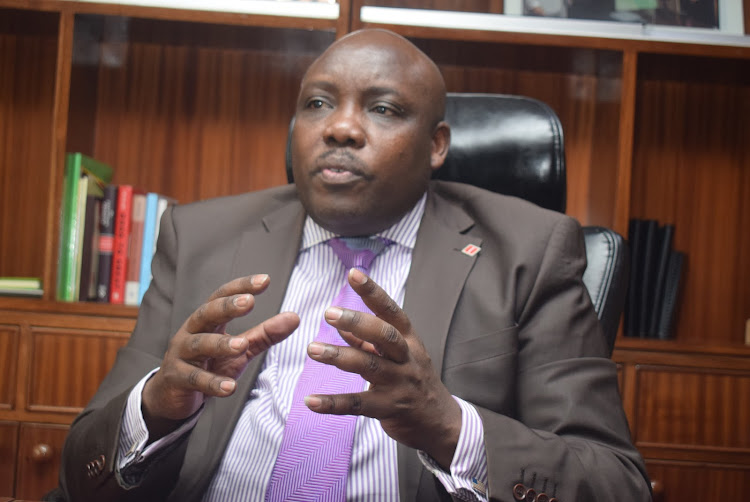A ruling by high court judge Alfred Mabeya dated August 19 2022 termed the move unconstitutional, as a result of a petition that had been filed by Anne J. Mugure, Davis Nguthu, and Wangui Wachira who were the first, second and third petitioners respectively.The petition that was brought before the court by the trio on March 3 2021 argued that the respondent (HELB) was charging exorbitant interest penalties which often grew beyond double the principal amounts owed thereby making repayment of the loan a tall order for them.The petitioners had taken a HELB loan on diverse dates to support their undergraduate studies but the hefty interest and penalties the loan had accumulated made repayment difficult.Anne, who is a youth living with a disability had borrowed the agency a loan of Sh82,980 in July 2004 and as of July 2016, the loan had accumulated to Sh540,464.Davis Nguthu, the second petitioner, had taken a loan of Sh146,090 in July 2016 and as of March 2021, he owed the loaner Sh335,207.For Wangui Wachira, the Sh135,000 loan that she took from HELB in July 2016 stood at Sh336,573 as of February 2021.“It was therefore contended that the debts had doubled the principal amounts. That the interest rates and penalties were exorbitant and contravened the beneficiaries’ socioeconomic rights as enshrined in the Constitution and made it difficult for them to repay the loans,” stated Judge Mabeya.He further noted that the board denied issuing clearance certificates to loanees who couldn’t service their loans because of the hefty interest and penalties thus denying them employment both in the public and private sector yet the youth are considered vulnerable pursuant to Article 55 of the Constitution.“A declaration hereby issues against the respondent that by imposing interest amounts and penalties or fines that exceed the principal amount, the respondent is in contravention of Article 43 (1) (e) and (f) and Article 27 of the Constitution of Kenya,” ruled Judge Mabeya.He further declared section 15(2) of the HELB Act unconstitutional to the extent that the interest rates and fines exceed the principal amount advanced.In November 2019, HELB threatened to publish the names and photos of loan defaulters in newspapers, a move the body used to encourage loan defaulters to pay their loans.In March 2022, the body announced a 100 per cent Covid-19 penalty waiver dubbed #KamilishaMalipoYaHELB to encourage loanees to repay their loans after the effects of the Covid-19 pandemic on the economy.
By Fred Odanga Azelwa.
